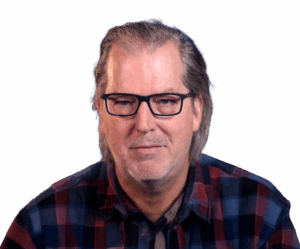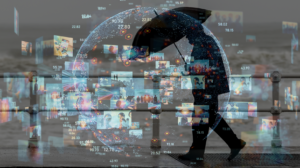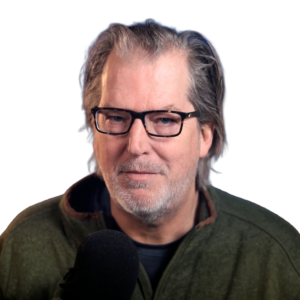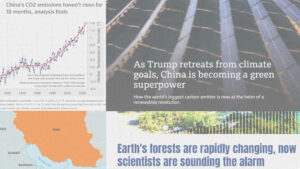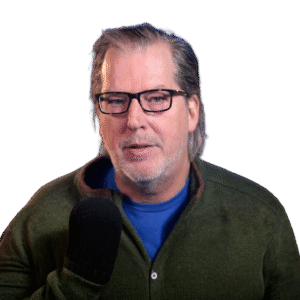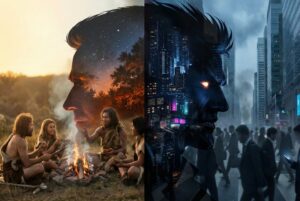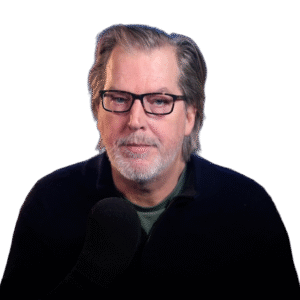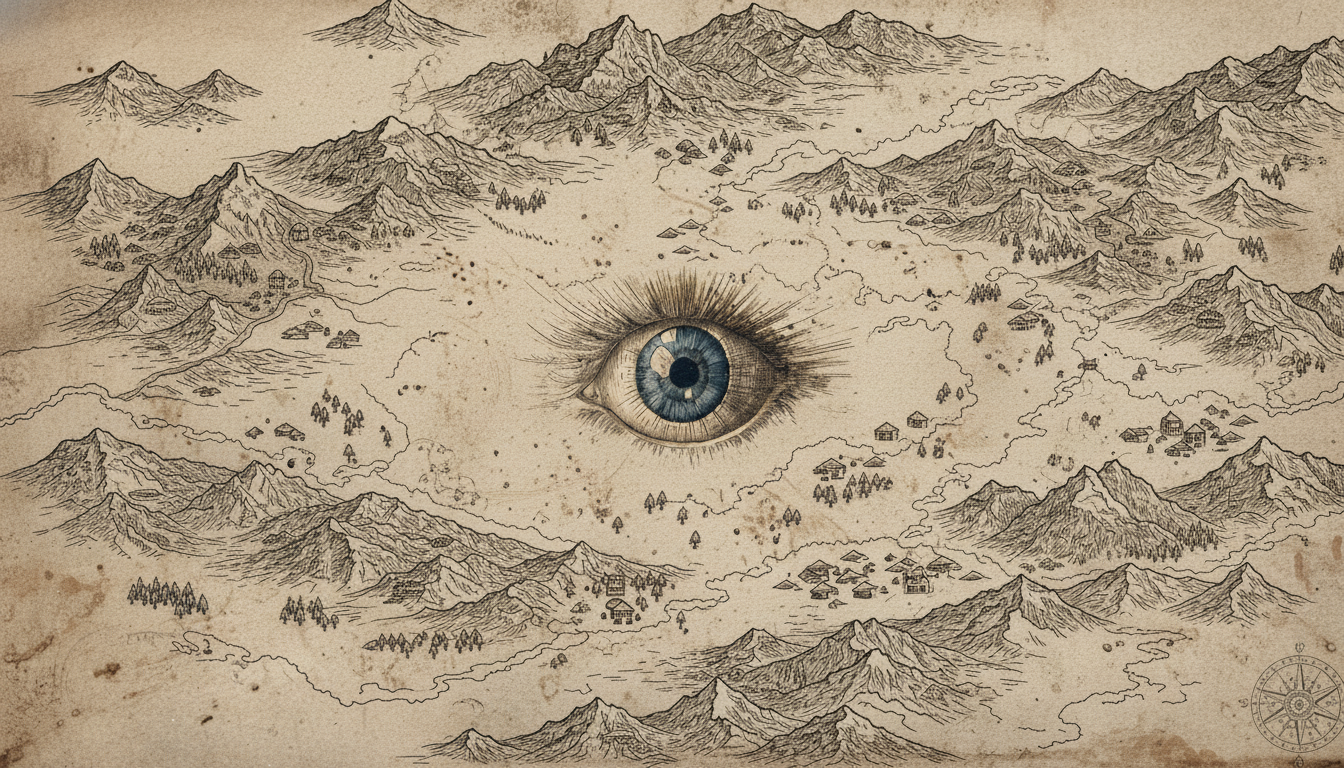
#113 | Frankly
11 Discoveries That Changed My Worldview
Description
In this episode, Nate weaves personal reflections into an exploration of the human predicament, unpacking a series of chronological insights that have reshaped his worldview. What began years ago as an investigation into oil has morphed into a deep lifelong journey into the complex web of energy, psychology, evolution, and systems that drive today’s society. By sharing stories and realizations from his own life, whether it’s the debunking of Wall Street energy illusions or unpacking how sexual selection is often as important a behavioral driver as natural selection, Nate invites listeners to step back and see the human story through a much wider lens.
This episode combines Nate’s own evolution of understanding with the overarching narrative of The Great Simplification, speaking to what it means to be human in a dichotomous era of abundance and depletion, of numbness and awakening. It is perhaps more important than ever to be able to see our civilization through this wider perspective: not just as a disparate collection of individuals, but as a living – and learning – superorganism standing at the crossroads of deep time.
How might our understanding of progress change if we saw energy, not money, as the true currency of life? What would it mean to live with full awareness of our interconnectedness with the world and systems around us? And could this moment in history mark the shedding of some of the evolutionary impulses that ensured our survival, in favor of a new kind of planetary wisdom?
In French, we have a motto that says that a simple drawing is often better than a long explanation. Jean-Marc Jancovici Carbone 4 President
That’s very understandable because with left atmosphere thinking, one of the problems is that you see everything as a series of problems that must have solutions. Iain McGilchrist Neuroscientist and Philosopher
We can’t have hundreds and hundreds of real relationships that are healthy because that requires time and effort and full attention and awareness of being in real relationship and conversation with the other human. Nate Hagens Director of ISEOF
This is the crux of the whole problem. Individual parts of nature are more valuable than the biocomplexity of nature. Thomas Crowther Founder Restor
Show Notes & Links to Learn More
Download transcriptThe TGS team puts together these brief references and show notes for the learning and convenience of our listeners. However, most of the points made in episodes hold more nuance than one link can address, and we encourage you to dig deeper into any of these topics and come to your own informed conclusions.
00:45 – The Seneca Effect
00:52 – The Rule of 70
03:00 – Energy contained in a single barrel of oil
03:10 – Price of oil
12:14 – Moby – We Are All Made of Stars
12:44 – Elements in our bodies originated with dying stars
13:20 – Sunlight comes from hydrogen turning into helium through fusion
13:45 – Deep time
15:10 – Evolution of blue eyes
15:26 – 10 percent of human population has blue eyes
15:40 – Epigamic trait
16:48 – Supernormal stimuli, loss aversion, tragedy of the commons, cognitive biases
17:46 – Nate Hagens – Economics for the future – Beyond the superorganism
19:20 – Carey King research on energy cost share of GDP
20:12 – GDP correlation with gross energy use
20:55 – Fractional reserve banking model
21:15 – How banks create money
24:53 – Frankly #56: Peak Oil, AI, and the Straw
25:37 – Maximum power principle
26:23 – Jevon’s Paradox
27:49 – Charles Goodnight, Charles Goodnight on multilevel selection theory
28:21 – Chicken and egg production experiment
30:35 – Biomass of humans and livestock versus wild mammals
34:14 – Dark triad traits, Reality Roundtable #19: Dark Triad Personality Traits

